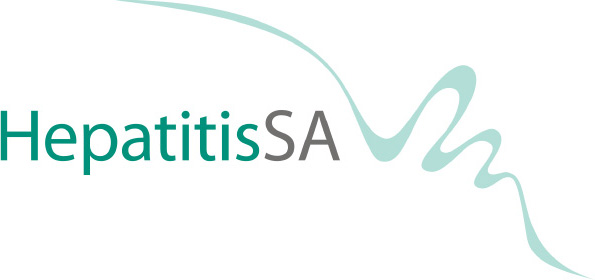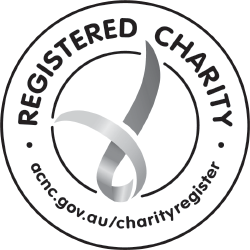The latest Australian Needle and Syringe Program (NSP) Survey conducted by AIVL has revealed a rise in sharing of injecting equipment in recent years.
The report - Needle and Syringe Programs in Australia: Peer-led Best Practice - outlines recommendations for peer-led best practice for needle and syringe program (NSP) service delivery in Australia. Based on consultations with peers across Australia on their experiences with different types of NSP outlets, the report recommends that Australia’s NSP system:
- provides a diversity of options with consistency of experience;
- ensures that all parts of the system are welcoming and non-judgemental;
- ensures consistency of equipment across all service types;
- creates an enabling environment that maximises the widest availability of injecting equipment;
- positions NSPs as a core part of Australia’s health system;
- creates pathways for employment of peers and encourage peer-employment outside of primary NSPs, and ensure that peer workers are adequately supported in the workplace;
- ensures funding allows for flexibility of service delivery;
- creates greater service awareness and managing expectations; and
- creates consistency in data collection with a focus on collecting what is required.
A summarised version of the recommendations is also available.
Peer-staffed NSP/CNP sites
One approach to reducing barriers and improving access to NSP/Clean Needle Program (CNP) sites is to staff them with peer workers. Hepatitis SA operates three peer-staffed CNP sites across the Adelaide metro area, with rostered peer sessions at several other CNP sites.
Find a full list of Hepatitis SA CNP sites on our CNP sites page.


